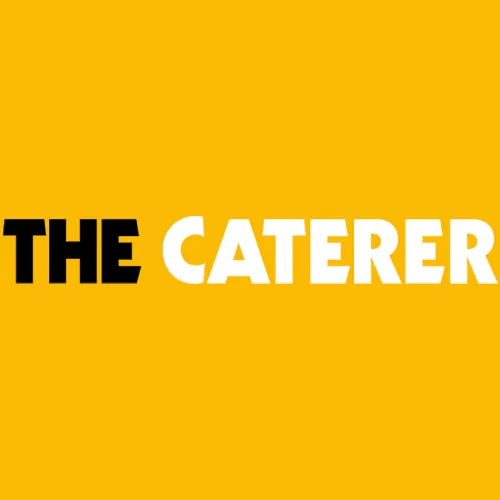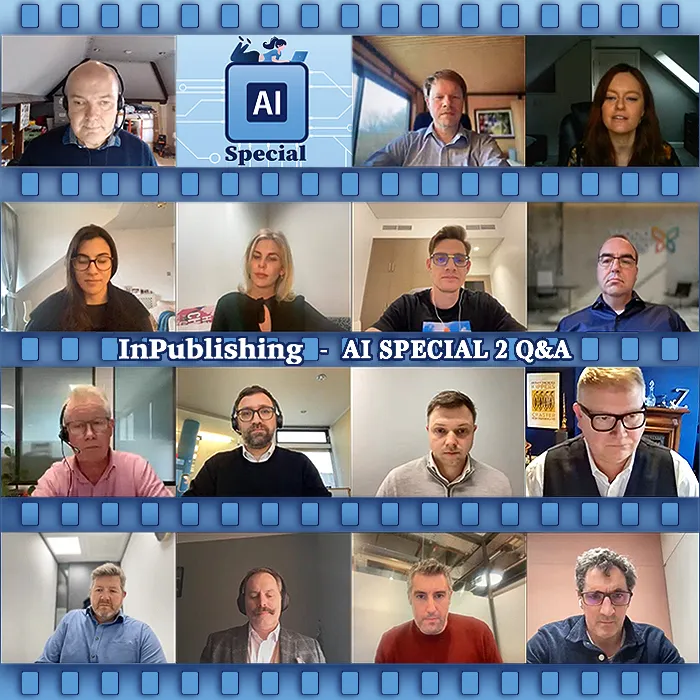Why Waterstones founder is wrong about eBooks

Tim Waterstone, who founded the bookshop chain of the same name in 1982, argues that traditional books will see off the eBook revolution, and in fact that eBooks are already on their way into decline. About the only thing I do agree with Tim on is that traditional books will endure.
In literary nation Iceland, it is still fashionable to give and receive books at Christmas, and for the most part that industry is still reasonably healthy - pending of course publishing sensations and the availability / arrival of popular works. Relatively recent years have seen publishing sensations - Harry Potter, The Davinci Code and of course Fifty Shades of Grey. It is the latecomer of these though which is most indicative of future trends, as Amazon’s figures indicate that it sold 6 times as many Kindle eBook versions as traditional book formats - but this did vary across different sales territories. A big part of the 50 Shades revolution is that several readers were much more at ease purchasing a saucy book relatively anonymously as an eBook than face-to-face in-store. Since Fifty Shades, book sales have generally been down overall, as nothing new has come anywhere close to achieving those 100 million sales. Harry Potter still has the overall record for book sales with 450+ million sold for the series.
There are all kinds of recent indicators in book retail as to how the industry is doing overall, and what the future trends are. I still recall the downfall of the Borders chain, which was one of my favourite book sellers in London - walking down Oxford Street and book-central - Charing Cross Road, you can see what’s happened to the publishing industry, much like you can see by the number of record stores currently on Oxford Street - what’s happened to the music retail industry. Both indicate a significant decline in traditional forms of retail, as the number of retail outlets has dwindled visibly. My old hometown of Barnstaple at one time had 4 bookshops, now it’s down to a WHSmiths and a Waterstones - many town centres have only the former remaining; others have seen the growth of outlet / discount book-stores.
I am still a fan of both formats - traditional and eBook, and use each for different purposes. My younger brother though has almost entirely ditched physical books as he does not have the physical space for them. With ever-increasing price of housing, storage space for future generations really is at a significant premium. eBooks are typically less expensive, and more instantly available / accessible than their traditional counterparts. I love being able to buy a Kindle book and be able to start reading within 10 seconds. When I travel on holiday - I can carry a library of reading materials in a fraction of the space that traditional books would occupy. eBooks also benefit from enhanced function in that you can cross-reference with internal dictionaries and thesauruses and other connected / built-in references instantly and on-the-fly. For learning / education, eBooks obviously have a significant advantage over their traditional counterparts. I have indicated in my ’Future of Publishing’ article that eBooks will become more granular and reading-list / chapter based, much like music is now predominantly single / MP3 / playlist based. The viability of eBooks is assured via lower cost, more availability, greater functionality and flexibility and easier access. That said, I do love reading paper-based graphic novels, and the coffee-table books which Taschen, Phaidon and D&K do so well. Both these formats have a long life ahead of them as complementary formats, but for the reasons I have already stated, in the longer-term, eBooks will outsell traditional formats by a significant margin.
Nowhere will this be more marked than in the area of education. Several schools and colleges of higher education are already demanding that publishers provide all curriculum / course materials in electronic format - ideally on a chapter-by-chapter basis, as teachers / professors only tend to use a subset of certain reference books. The publishers which thrive within this new environment are those who are able to provide the most flexibility in access to these ’written’ materials.
The final aspect that I need to touch on is the new / direct-to-market economy - which is inhabited by individual entrepreneurs which produce and sell their output direct to customers via a number of global retail portals. This new economy includes 3D printing, selling music on Bandcamp / Beatport or self-publishing to Amazon - like Amanda Hocking has become well known for. Smart individuals no longer need publishers or record labels - albeit an extreme example, Beyoncé’s latest album release direct to iTunes is a great example of this direct-to-market revolution. In fact 50 Shades started electronically, and then was released as a paperback and finally a hardback collector’s version - in the reverse of the usual process. Amanda Hocking sells about 1 million copies of each of her books at variable prices depending where the books are in their lifecycle. Initially her books were all sold at $2.99, but now some of the older volumes are down as low as $0.99 or even free. She of course gets all the profits, and ends up by-passing the publishers entirely in the first sweep. The trend in publishing now seems to be eBook first, and when the numbers justify it, you then produce paper versions.
For Christmas I bought several books for nephews and nieces - as requested by themselves! So traditional books are certainly not on the way out - a beautifully bound hardback will always make for a great gift. Over time though, eBooks / electronic formats will form the majority of the marketplace - just ask Encyclopaedia Britannica about that...

Did you find this content useful?
Thank you for your input
Thank you for your feedback
Upcoming and Former Events
Affino Innovation Briefing 2024
Webinar - Introduction to Affino's Expert AI Solutions - Session #2
Webinar - Introduction to Affino's Expert AI Solutions - Session #1
PPA Independent Publisher Conference and Awards 2023
Meetings:
Google Meet and Zoom
Venue:
Soho House, Soho Works +
Registered Office:
55 Bathurst Mews
London, UK
W2 2SB
© Affino 2025















